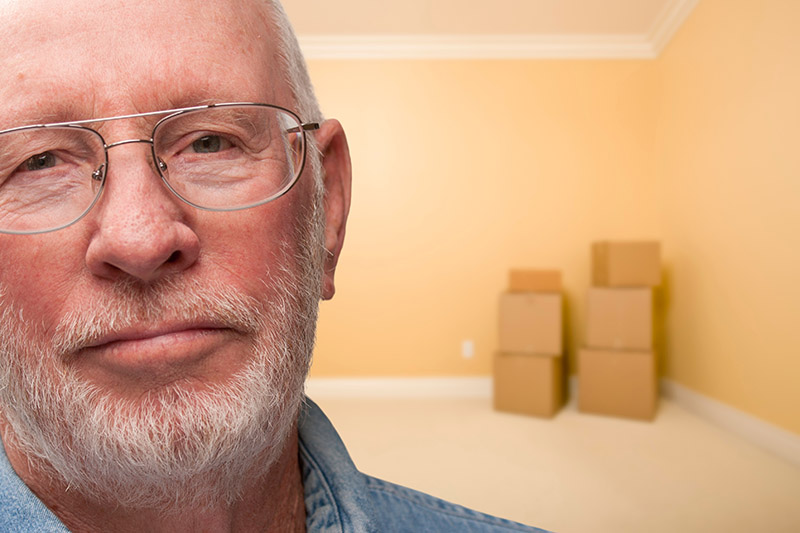Older adults who suffer from disabling health conditions often require assistance with their activities of daily living, including eating, bathing, and getting out of bed. In many cases, family members provide that assistance. Other seniors depend on an assisted-living facility to help them live a comfortable life.
Medicare does not cover long-term care in a nursing home or assisted-living facility. Older adults who have limited income and assets might be eligible for Medicaid. Medicaid programs generally pay nursing home expenses for seniors who need around-the-clock medical care.
Medicaid does not cover the cost of room-and-board in an assisted-living facility. The extent to which Medicaid covers care services provided by staff members of an assisted-living facility varies. While Medicaid is a federal program, it is administered by state governments. Some states provide more services than others.
Many states offer personal care assistance through Medicaid State Plans and/or HCBS Waivers. About 18% of assisted-living facility residents pay for care assistance with Medicaid.
In some states, Medicaid is not available to residents of assisted-living facilities. Even when Medicaid pays for such services, not all assisted-living facilities accept Medicaid for personal care services. Facilities must be “Medicaid certified” to accept Medicaid payments for those services.
Medicaid Evictions
Facing a growing demand for assisted-living housing, facilities are increasingly choosing not to accept Medicaid payments. Facilities must abide by Medicaid payment schedules if they accept Medicaid. They may be able to increase their revenues by accepting residents who can pay for services with insurance or private resources.
The Washington Post reports that dozens of assisted-living residents in Wisconsin have been evicted because facilities decided not to accept Medicaid payments. To qualify for Medicaid, residents typically “spend down” their assets. When they are evicted, those assets are no longer available as a fallback to pay other caregivers.
Federal law protects nursing home residents from eviction. That law does not apply to assisted-living facilities. The Post notes that “state ombudsman programs for long-term care received 3,265 complaints related to evictions from assisted-living facilities in 2020.” How many of those evictions were related to facilities that stopped accepting Medicaid payments is unclear because the federal government does not track such evictions.
The Cost of Care
Industry representatives make the valid argument that Medicaid reimbursement rates are lagging behind the cost of providing care. Inflation and rising labor costs make it less profitable to accept Medicaid reimbursement when payments from residents or their insurers are substantially higher. A trade association representative told the Post that private pay rates for care are typically $5,000 per month, while Medicaid reimburses only $3,000.
On the other hand, an eviction can create a crisis for the resident. Financially destitute residents who suffer from disabilities are often emotionally devastated by the loss of their housing. Many evicted residents were told that they could enter the facility as a private payer, spend down their assets, and then continue to pay for care services through Medicaid after becoming eligible. When a facility changes its mind and refuses to honor that promise after the resident’s money is gone, residents feel betrayed.
Trauma from an eviction may lead to deteriorating health, making the resident eligible for a nursing home. Most nursing homes accept Medicaid payments and cannot evict residents for financial reasons. However, older people who do not need around-the-clock medical care find themselves with few caregiving options after being evicted from an assisted-living facility.
Fixing the Problem
A couple of legislative fixes could make life better for seniors on Medicaid. On the federal level, prohibiting the eviction of Medicaid patients while increasing Medicaid reimbursement rates would go a long way toward solving the problem. Adding nursing home and assisted-living coverage to Medicare would be even better, but Congress lacks the political will to assure that older people receive appropriate care.
State legislation to limit evictions can help residents in states that allow Medicaid reimbursement for assisted-living facilities. New Jersey halted evictions during the pandemic. Unfortunately, few states have shown the resolve to enact legislation to protect vulnerable seniors.
